Michigan Representative Rashida Tlaib is promoting a new law for some homeless youth. This law is meant to help emancipated minors and people under 30. The plan is designed to give each of these individuals financial assistance. They will be given $1,400 every month for three years to help them avoid homelessness.
Homeless Youth To Receive Financial Help in the U.S.
A study revealed that more than 3.5 million young adults and about 700,000 youth become homeless each year in America. Black and LGBTQ+ individuals have the highest rate of homelessness. The problem, however, keeps getting worse, with a 17% rise in homelessness among 18 to 24-year-olds between 2022 and 2023.
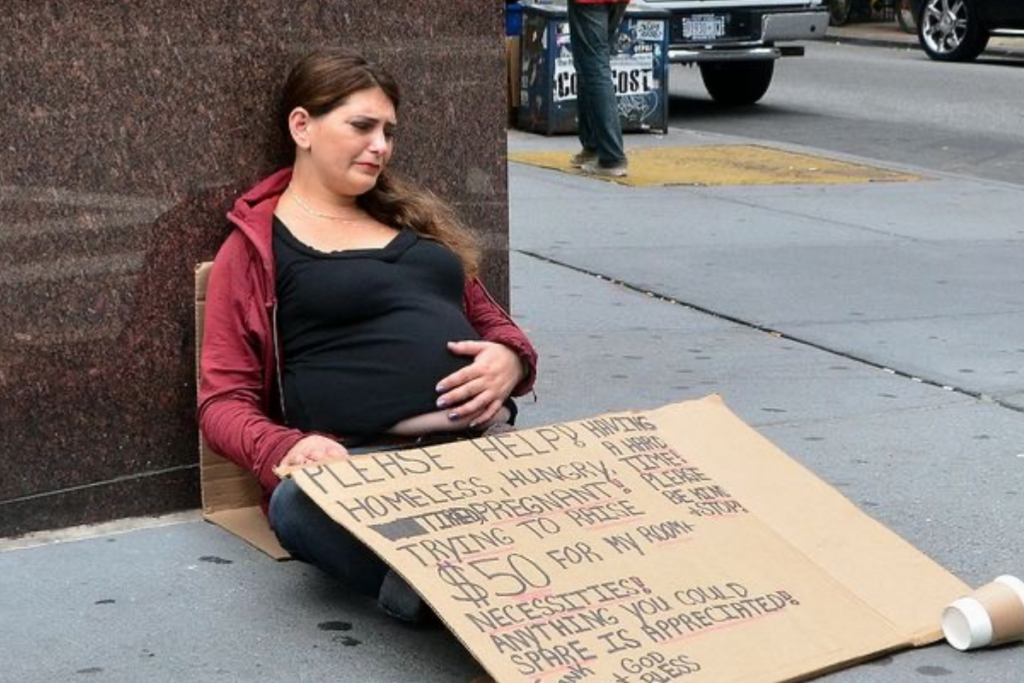
Tlaib proposed a new law to find respectful and effective solutions for young people without using the same failed strategies. She said, “We can’t keep repeating the same policy approaches that haven’t ended the youth homelessness crisis.” Vulnerable young Americans need a real change.
Fighting Youth Homelessness: Cash Assistance
Several Democratic Representatives, including Cori Bush and Barbara Lee, supported the new bill. It aims to help young people categorized into GenZ and Millennials. The bill offers significant financial aid to meet the urgent housing needs of many young Americans.

The proposed bill will provide eligible young people with $1,400, or an amount equal to market rent. This approach is intended to determine how well direct financial help reduces homeless youth.
Advantages of Giving Cash Assistance
Research shows that giving money directly to homeless people can significantly improve their chances of finding housing and jobs. This type of aid reduces the need for shelters and helps people address their challenges independently. According to the Detroit Metro Times, people who received cash in past programs reported significant positive life changes.
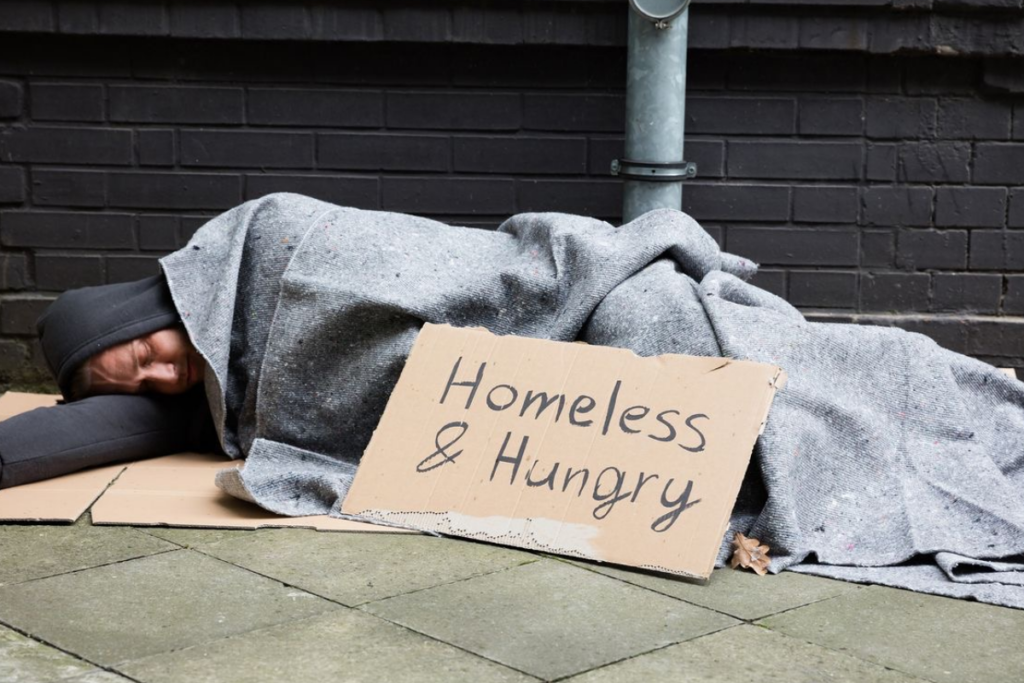
Ann Arbor has started a two-year program that gives $528 monthly to 100 low-income entrepreneurs. This new approach is a significant step in the U.S., as there haven’t been many studies on cash assistance programs. Representative Tlaib plans to expand this idea through her proposed legislation.
Youth Homelessness Guaranteed Income Pilot Program Act
A spokesperson from Tlaib’s office told Newsweek that the proposed program would be nationwide. Tlaib’s bill, called the Youth Homelessness Guaranteed Income Pilot Program Act, aims to provide practical solutions to youth homelessness. The legislation was created with input from the young people it aims to help.
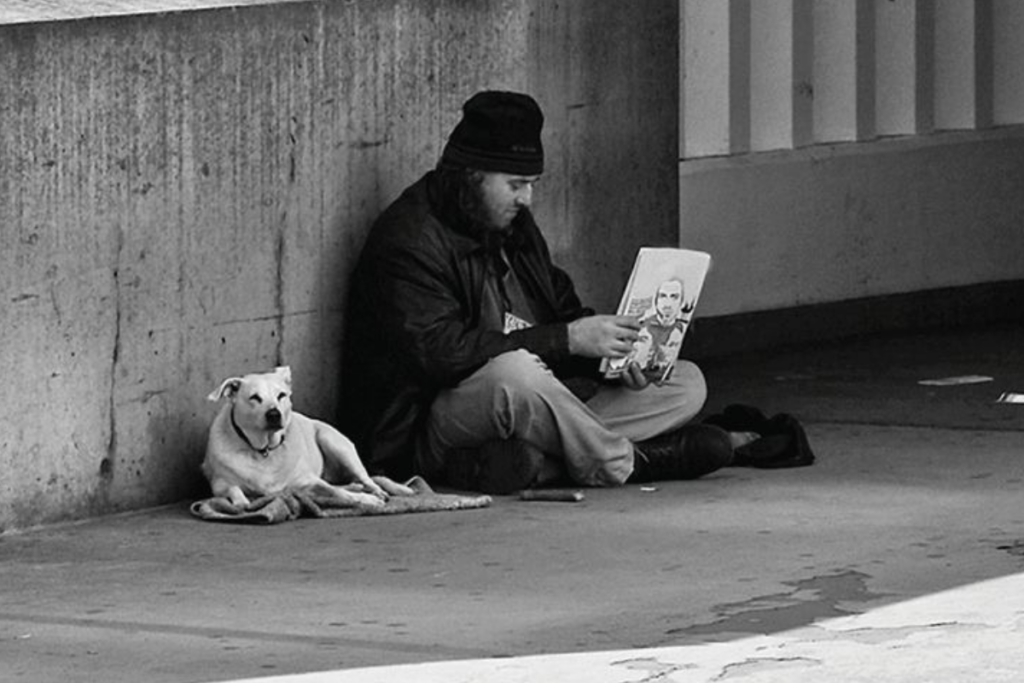
The proposal has received backing from several non-profit organizations. Nancy Parker from the Detroit Justice Center praised it as a crucial step in tackling homelessness. Marcella Middleton, the Executive Director of A Way Home America, also strongly supports direct cash transfers to vulnerable youth.
Homeless Youth: Real Causes, Real Needs, and Real Solutions
“This bill was created with input from young people who have experienced these challenges firsthand. They helped design it to address the real needs of our homeless neighbors,” stated Tlaib. This method ensures the solutions are directly informed by the experiences and challenges of those they are meant to help.
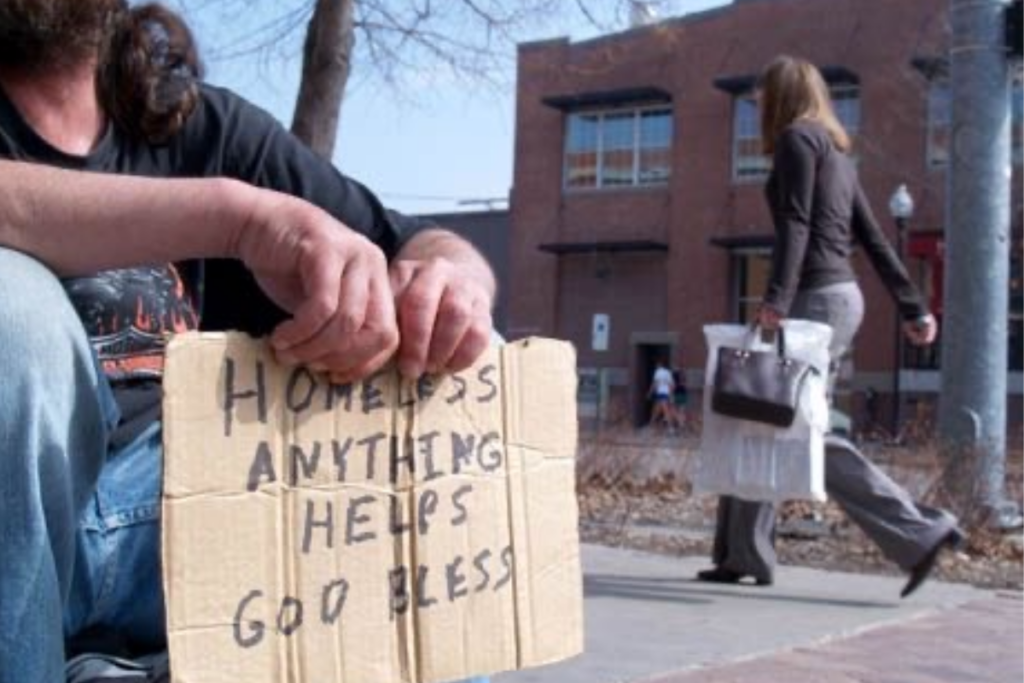
The National Network for Youth (NN4Y) says minority youth are more likely to become homeless. Family problems are also a major reason young people end up without a home. This is because families in America have become less stable. According to NN4Y, 90% of young people in homeless shelters say they have faced problems at home.
Baby Boomer Generation Holds Most of the Wealth
The rise in youth homelessness is happening alongside a significant wealth gap in America. In 2023, Statista estimated that over 51% of the country’s wealth is owned by the baby boomer generation.

Even though there is a similar number of baby boomers and people born after 1981, the wealth difference between these groups is large. Statista reports that those born after 1981 control only 9.3 percent of the nation’s wealth. This wealth gap affects the entire economy. It makes it harder for younger people to afford essential things compared to the older generation.
More Factors That Cause the Increasing Number of Homeless Youth
The rising cost of college tuition and the hefty student loan debt are some of the factors. Job struggles in America is another factor. People are graduating with tens of thousands of dollars in debt but not much to show for it. Most youth work in a job that doesn’t match their degree.
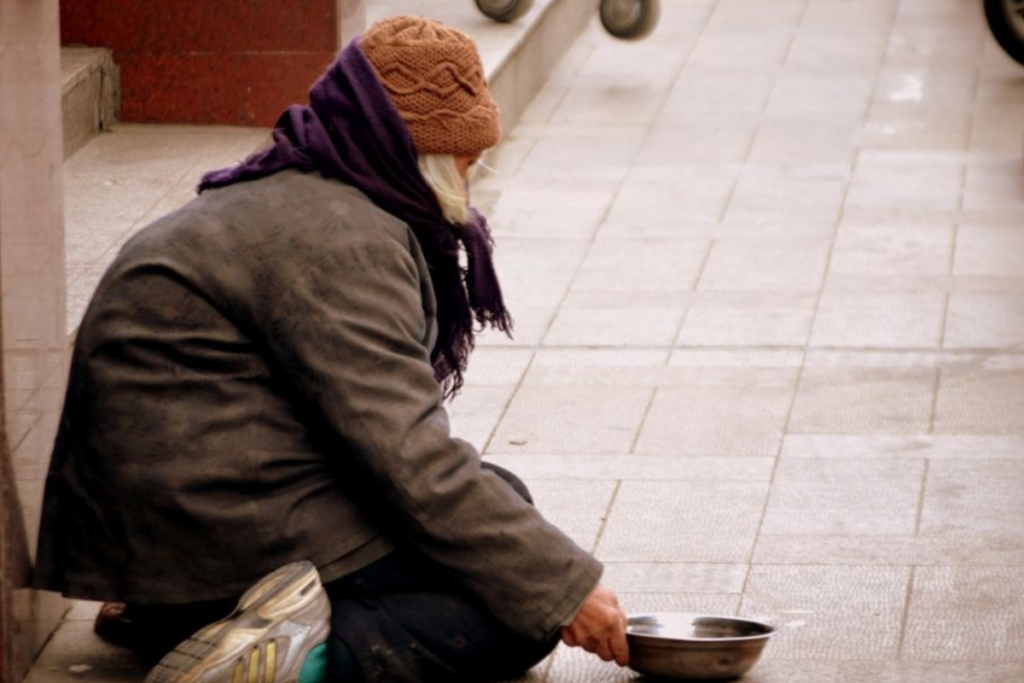
States aren’t just relying on the federal $1,400 payments to prevent homelessness; many are taking action themselves. At the end of 2023, California Governor Gavin Newsom signed a package of nearly 56 bills to make housing more affordable in the state.
The Issue of Stagnant Wages
Since the 1970s, wages for workers have mostly stayed the same, failing to keep pace with inflation. This has greatly reduced the amount of extra money that the average American has. Wages are stagnant for ordinary Americans because they aren’t receiving the necessary pay raises. This trend has added to America’s problem of increasing homeless individuals.

According to a study by the Economic Policy Institute, stagnant wages are the reality for some people. For the wealthiest 1% of Americans, wages have soared by 138% since 1979. This widening wealth gap means many Americans struggle to afford basic needs, including housing.
High CEO Salaries
In 2022, CEOs earned 399 times more than the average worker. Since 1978, CEO pay has skyrocketed by up to 1460%. These CEOs are demanding higher salaries. Many people wonder why CEOs earn so much, but the job involves immense responsibility and pressure.
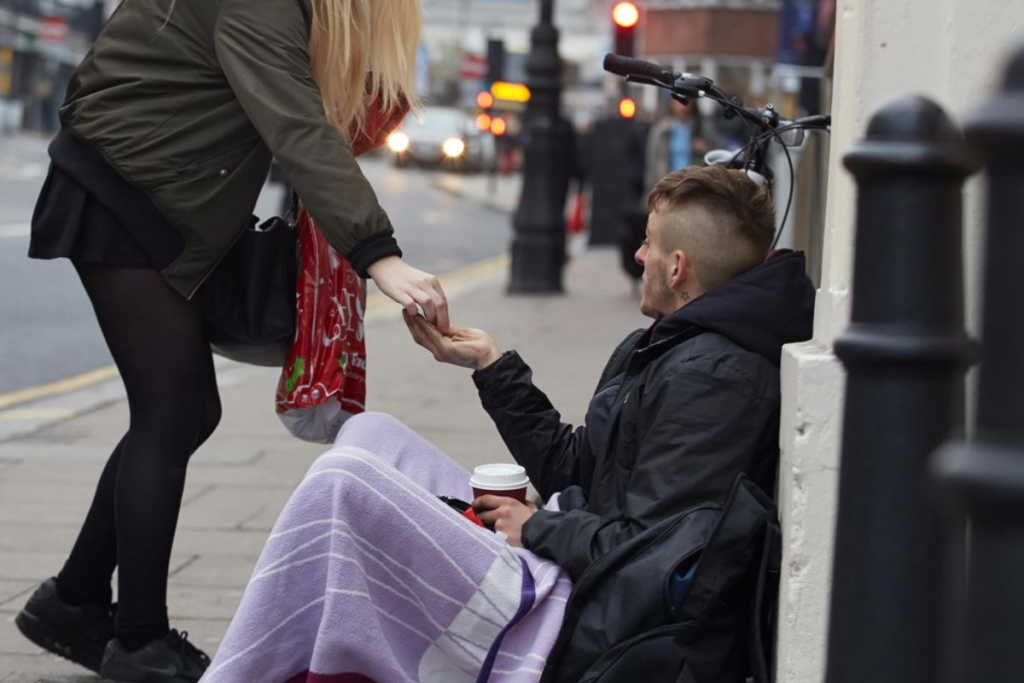
Skilled CEOs are rare, and large companies are willing to pay generously to hire someone with a proven track record to lead. Even though their increased salary is justified, it still causes a problem. It worsens the wealth gap problem in America.
Addressing the Issue of Homelessness in America
Efforts like the recent one from Michigan Representative Rashida Tlaib are a welcome relief for homeless youths in America. However, they alone cannot solve the problem.

Solving homelessness will likely require local governments to provide the necessary resources to tackle the root causes. Also, with inequality growing in America, achieving a sustainable solution seems challenging.

